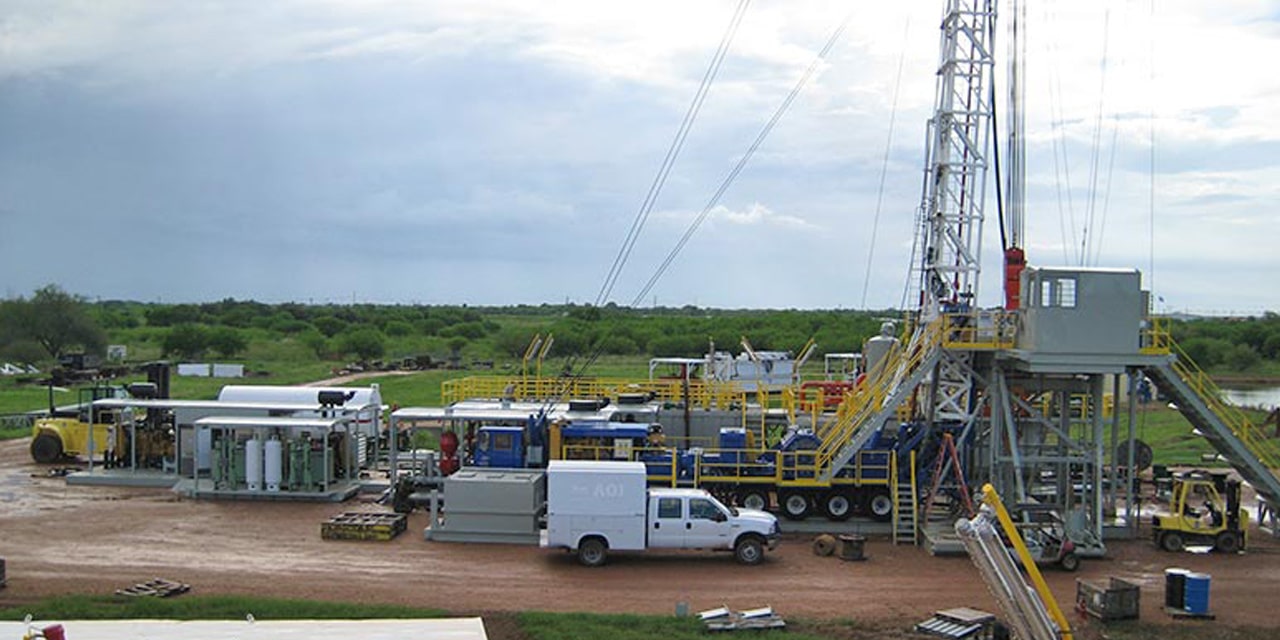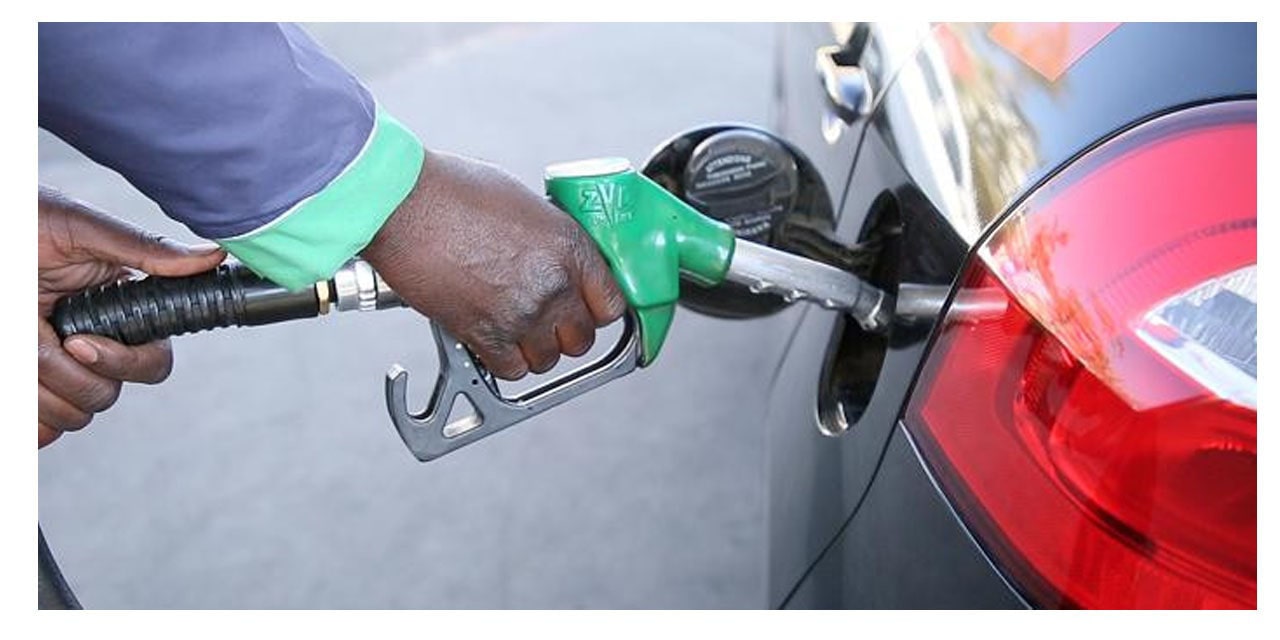Staff Writer
Listed Canadian oil and gas company, Reconnaissance Energy Africa announced on Thursday that it has found oil and gas indicators and shows over three intervals at its first well onshore the Kavango.
The well according to the company, found more than 200 metres of indicators and shows.
“The components and processes for a working petroleum system are all present, “ReconAfrica’s board member Dan Jarvie.
Jarvie said shows indicated “migrated, thermogenic petroleum” had been found over three intervals in the Kavango Basin well. “Mud gas results indicate a high BTU gas with the presence of light oil in numerous cutting samples.”
ReconAfrica said the company was now moving its drilling rig to the second site, the 6-1 location, which is 16 km from 6-2. The company said it would drill this next well to follow up petroleum systems found at the first well.
“The well confirmed the big potential for a very valuable energy resource for our country and therefore a significant development for Namibia onshore exploration efforts,” Minister of Mines and Energy, Tom Alweendo said.
“The positive results of this well have provided us with the critical information required to unlock the country’s petroleum prospectivity and is the first step in the process of locating significant accumulations, we can now confidently confirm Namibia is endowed with an active onshore petroleum basin.”
ReconAfrica spudded the 6-2 well in January, saying it would drill to a depth of 3,810 metres. The company did not disclose the depth reached in its announcement.
Core Laboratories, GeoMark Research and Netherland Sewell & Associates (NSAI) are all helping analyse the results from the well.
Exploration in Namibia has focused on the offshore. Galp drilled the offshore Wingat-1 well in 2013 finding oil, although not in commercial quantities.
ReconAfrica through its exploration in the country, is hoping to discover the world’s largest and last ever onshore oil discoveries – after the company bought up the government licences to conduct exploratory drilling in 35,000 square kilometres across both Namibia and Botswana.
According to the company’s conclusions, there could be up to 120 billion barrels of crude oil lying beneath an area roughly the size of Belgium.
Some environmental groups ,however, believe that, if it were to be exploited, such a discovery could destroy attempts at limiting global heating to 1.5C, completely derailing The Paris Agreement on climate change.
According to Skynews, even if the whole project were to be carried out in the most environmentally sensitive way possible, many say that there’s always room for accidents or even sabotage. With some pointing to the Niger Delta in Nigeria as a dire warning against drilling for oil in the Kavango region.




